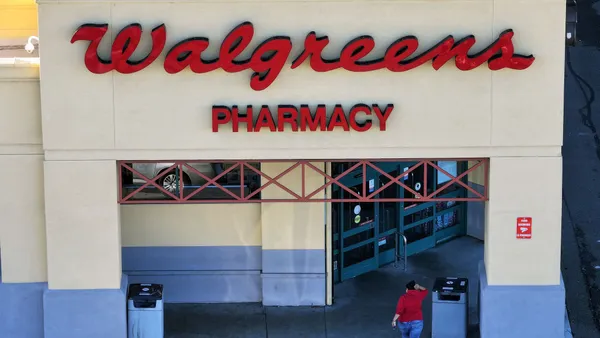 After years of paying lip service to the need for truly strategic partnerships between sponsors and CROs as a way to increase efficiencies, improve timelines to market, and reduce costs, the time may be right for both parties.
After years of paying lip service to the need for truly strategic partnerships between sponsors and CROs as a way to increase efficiencies, improve timelines to market, and reduce costs, the time may be right for both parties.
According to Nice Insights’ most recent survey 2016 CRO Buying Trends, 77% of respondents reported that it is likely that a preferred provider of contracted outsourcing services would become a strategic partner, while 75% agreed that a CRO that started off as a tactical service provider would become a preferred provider.
Furthermore, 56% indicated that they would be very interested and 36% would be interested in a strategic partnership with a CRO. Additionally, 91% of respondents based in the United States were either very interested or interested in becoming a strategic partner with a CRO in the next 12 to 18 months.
These results signal that the nirvana of a true sponsor-CRO partnership may soon be achievable. Such a partnership can benefit both sponsors and CROs in their pursuit to bring new drugs to markets safely and with improved efficiencies. Analysts forecast that the global clinical trial service market will likely reach more than $64 billion by 2020, up from $38.4 billion in 2015, representing a CAGR of 9% between 2015 and 2020. By 2020, the average clinical trial outsourcing penetration will likely reach around 72%. In other words, by then close to three-fourths of clinical trials will likely be performed by professional CROs.
 Nice Insights reports that the top five reasons sponsors partner with CROs is to improve quality, improve time to market, reduce costs, process improvement, and have access to specialized technologies.
Nice Insights reports that the top five reasons sponsors partner with CROs is to improve quality, improve time to market, reduce costs, process improvement, and have access to specialized technologies.
While the benefits of working with a CRO are many, CROs have a role to play as well, as it is noted that the top five sources of dissatisfaction when working with a CRO are product/service quality, inflexibility, customer service, timeliness of resolving issues, and products/services availability.
Outsourcing is on the rise as well; 71% of respondents expect their annual outsourcing expenditure to increase in the next five years.
How sponsors find the right CRO partner is being done in a number of ways. Nice Insight states that industry research was the most popular method cited for selecting an outsource partner, above word of mouth and consultants. This indicates that customers are more likely to conduct their own inquiry before choosing a CRO, and the average number of methods used to select an outsourcing partner is 3.2, which indicates that to ensure quality, sponsors are using more methods to identify new partners.
In terms of industry drivers, Nice Insights found that CRO quality was the No. 1 priority for sponsors — ranked the most important factor by 66% of respondents — followed by innovation, productivity, regulatory, and affordability.
When it comes to the services needed, among those sponsor companies that engage CROs for Phase IV/postlaunch studies to extend product life, 76% do so for reformulation, 74% for controlled release studies, 72% to expand therapeutic indication, and 69% for authorized generics.
On the flip side, preclinical trial services ranked as the top outsourced category among CROs. Additionally, bioanalytical testing ranked as the top service within this group at more than 50%, followed closely by analytical testing at 49%, and chemistry and stability testing at 48%.
Second to preclinical trial services was clinical trial services, with trial design, Phase I, Phase II, data management, trial recruitment, and project management as the most highly ranked services. (PV)











